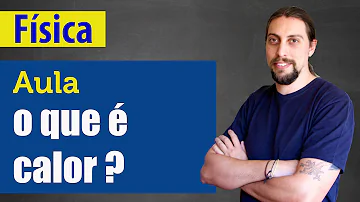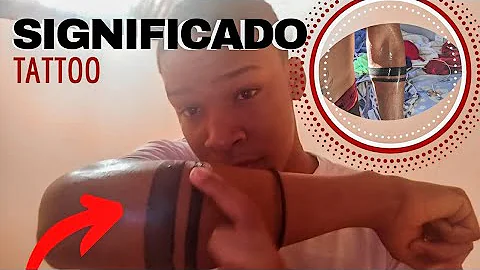O que significa a palavra em inglês What's?
Índice:
- O que significa a palavra em inglês What's?
- Como fala What's em inglês?
- O que significa a palavra Hi What's up?
- O que quer dizer What is this?
- Como se escreve a palavra Whats?
- O que quer dizer What's up?
- When to use " which " and " Que " in Spanish?
- Which is the correct form of the word significa?
- Which is the formal form of the significar Tu?
- What can significa benefit services do for You?
O que significa a palavra em inglês What's?
What é uma palavra da língua inglesa cujo significado pode ser “o que”, “que”, “qual” ou “quais”.
Como fala What's em inglês?
what {pron.} what's {contr.} what? {interj.} que foi?
O que significa a palavra Hi What's up?
What's up? – E aí, o que tá pegando / o que tá rolando?
O que quer dizer What is this?
"what is this?" em português o que é isso?
Como se escreve a palavra Whats?
O nome é a junção do termo “What's up?”, que significa algo como “o que está havendo?” ou “o que está rolando?”. Além disso, para escolher o nome do programa, eles aproveitaram a sonoridade da palavra “app”, que soa similar a “up” (para cima) e é a abreviação de “application program” (aplicativo).
O que quer dizer What's up?
Significado do WhatsApp Apesar de parecer óbvio para quem tem fluência no inglês, parte da população não sabe a origem da palavra WhatsApp. O nome é a junção do termo “What's up?”, que significa algo como “o que está havendo?” ou “o que está rolando?”.
When to use " which " and " Que " in Spanish?
- The rule is: if you immediately follow a question word with a noun, the question word in Spanish should be qué. This is why it is much better to think of ¿Qué (sustantivo)…? than trying to directly translate ‘which?’.
Which is the correct form of the word significa?
- O que significa ...? What does it mean...? Informal second-person singular ( tú) affirmative imperative form of significar. Formal second-person singular ( usted) present indicative form of significar. Third-person singular ( él, ella, also used with usted?) present indicative form of significar.
Which is the formal form of the significar Tu?
- Informal second-person singular ( tú) affirmative imperative form of significar. Formal second-person singular ( usted) present indicative form of significar. Third-person singular ( él, ella, also used with usted?) present indicative form of significar.
What can significa benefit services do for You?
- Additional Products And Services. Significa Benefit Services offers life and disability products to allow our clients to offer a full range of employee benefits without managing multiple vendors and their invoices.











